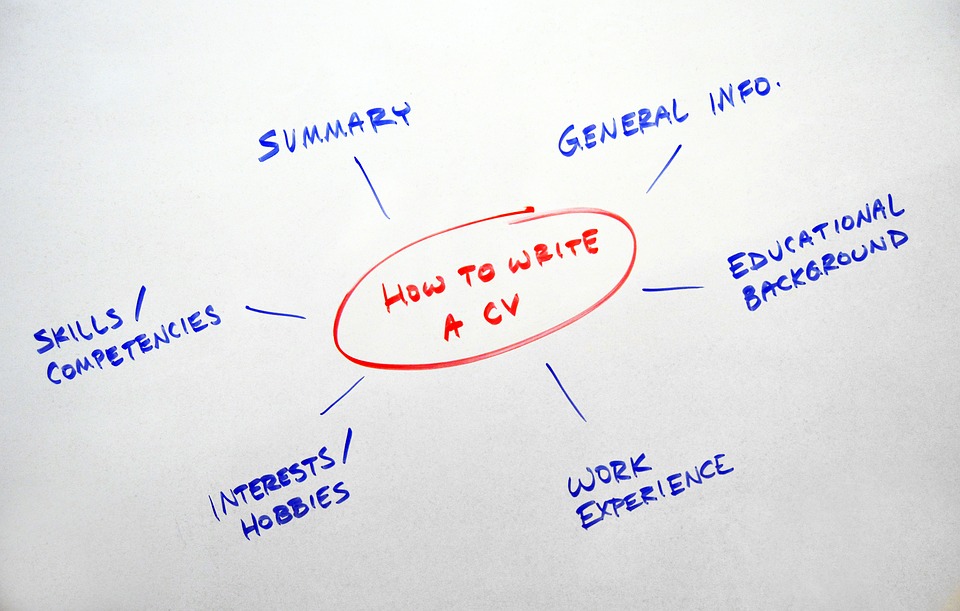
What Ruins a Good CV?
- March 30, 2021
- Marketing Team
With competition higher than ever, your application needs to stand out from the crowd. Not only do you have to stand out for your brilliance, you also need to avoid the common mistakes and pitfalls that would have your application side-lined in the routine processes applied to the bulk of CVs and cover letters.
But never fear – we’ve compiled a basic list of what NOT to do in your CV.
Here are 5 sure-fire ways that can get your application rejected within seconds:
Ignoring the Specific Requirements of the Application
When compiling a CV, cover letter and other documents as required for a job application READ THE SPECIFIC REQUIREMENTS for that application.
If you look at example CVs you can see how the best ones are tailored to specific roles. If the employer asks for a single page document then a double-sided CV means you’ve blown your chances before the recruiter has started reading.
Regardless of how much you have to cut – and how hard it might be to fit everything in – never go beyond the required or recommended guidelines.
Make sure that you complete all tests and supply all references well within the time frame provided. Do not expect to hear back from the job – or even be considered – if you don’t fit the job spec in terms of qualifications. There will be reams of overqualified people applying, so if you don’t fit the basic requirements then your application is unlikely to be successful.
Making your CV too Long with Irrelevant Information
Even if there are no guidelines, a CV exceeding two A4 pages is likely to be full of waffle. Demonstrate that you can be concise by selecting the appropriate material.
You want to give the impression that you have a huge amount of experience and are an interesting person with depth beyond the application; this CV is just a selection of the material best suited to this role. Avoid waffle by checking you don’t have:
- Excessive descriptions of your hobbies. No-one wants to know about every team you played for at school.
- If you’ve stated your involvement in an international competition, you don’t also need to list this under hobbies. Nor does an employer want to know that you communicated effectively in each of your last 6 jobs.
- Stock phrases and regurgitation. Employers and HR teams will be crying with boredom by the time they read (for the millionth time), that you are creative, motivated and passionate about achieving success and are an enthusiastic team player.

Not Paying Enough Attention to Grammar, Spelling and Formatting
It may sound obvious, and is repeated in almost every careers blog you’ll read, but PROOFREAD YOUR APPLICATION. Grammar and spelling mistakes are sure signs of incompetence and an excuse for employers to place your CV in the rejection pile.
Get a friend or relative to proofread for you as well, and make sure that you use punctuation such as apostrophes and semi-colons correctly. Also pay attention to whether you are using standardised English or American spelling, and ensure that you don’t chop and change between the two in the application.
Set out your CV clearly, with titles in bold where appropriate and adequate spacing. Squashing everything up and compromising the readability of the piece to fit in one extra line of text will only compromise your chances of impressing your reader.

Empty Boasting and Pretentious Talk Without Substantiation
While you should always present yourself and your achievements in such a way as to achieve maximum impact, over-egging the importance or significance of your experience is only going to cause you problems. If you work too hard to make a transferable skill applicable to a particular role, employers will notice.
Make sure that you don’t mistake responsibilities for achievements. Don’t simply list the duties that were required of you, but expound upon how you brought value to each particular company or role on top of basic job requirements.
Letting your Professionalism Slip
It is crucial to always work hard to maintain a professional appearance. The following factors are likely to hinder your chances of appearing professional:
- Unexplained gaps (of several months or more) in your employment history.
- Too much personal information. Don’t include a physical description or photograph unless requested by the company you’re applying to.
- An unprofessional email address. You know that Hotmail email with your nickname in it from when you were 12? That’s not appropriate for job applications.
- Don’t try to be overly original with fonts or layout. Unless you’re applying for a design job which you think will appreciate such originality then this will just prove distracting.
- The most obvious factor of all, and the rule which is perhaps most commonly broken; do not lie in a job application. Lying in your CV will always come back to bite you at a later stage in your career. The most common lies tend to revolve around education, employment dates and technical skills, and if discovered will almost certainly lose you the job.
We hope this list has helped you to avoid these mistakes in the future!
If you are looking to hire graduates, gain career advice or browse graduate jobs in the UK, visit our website !







